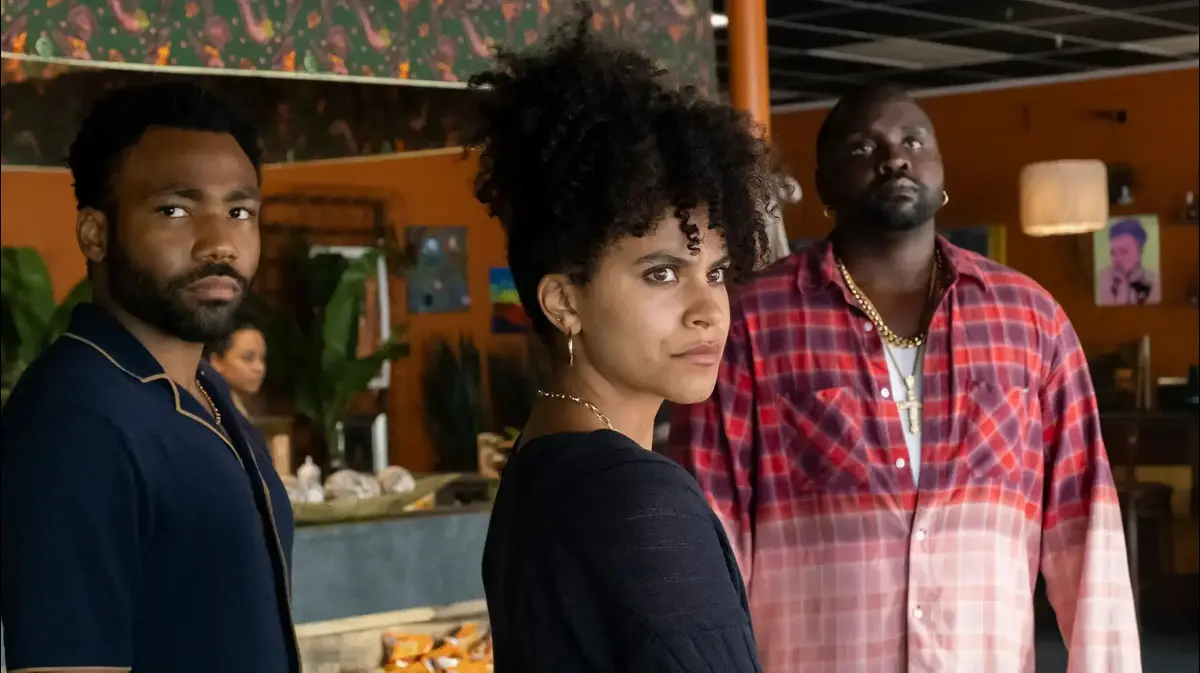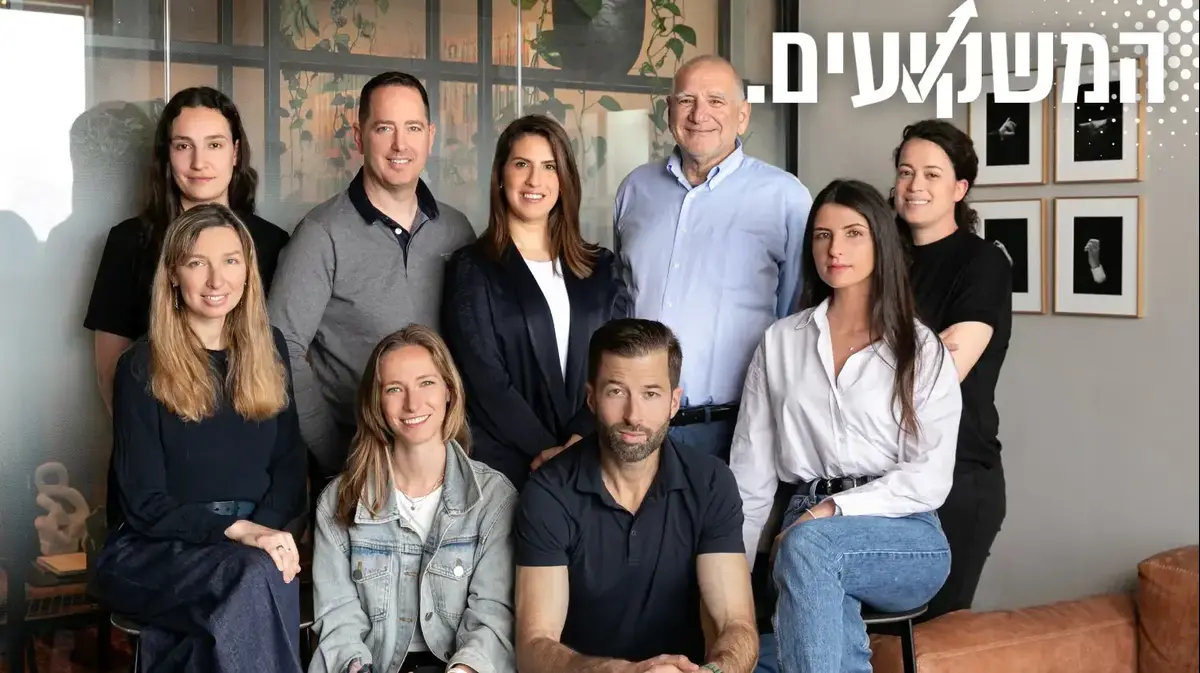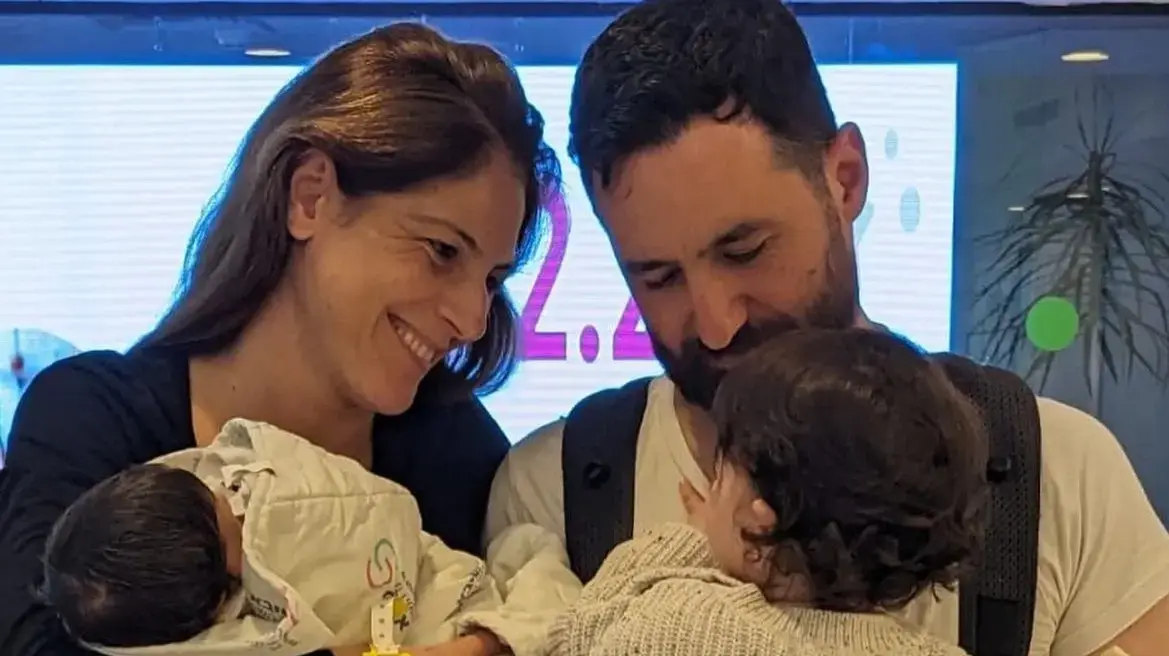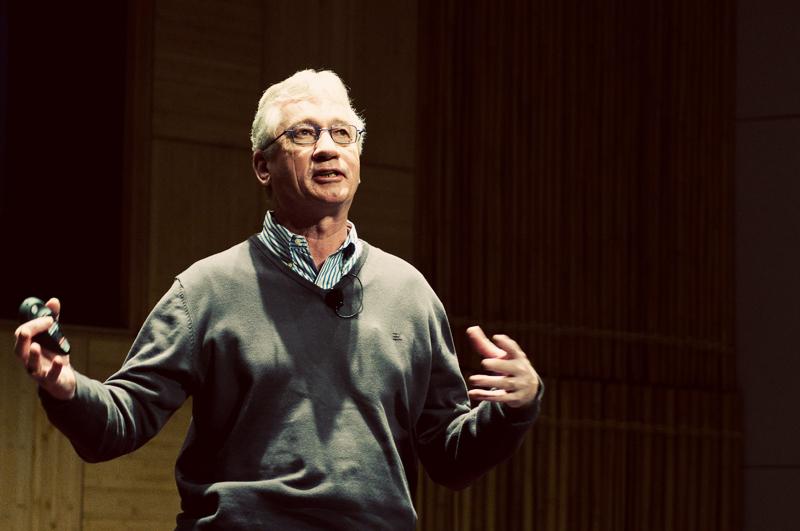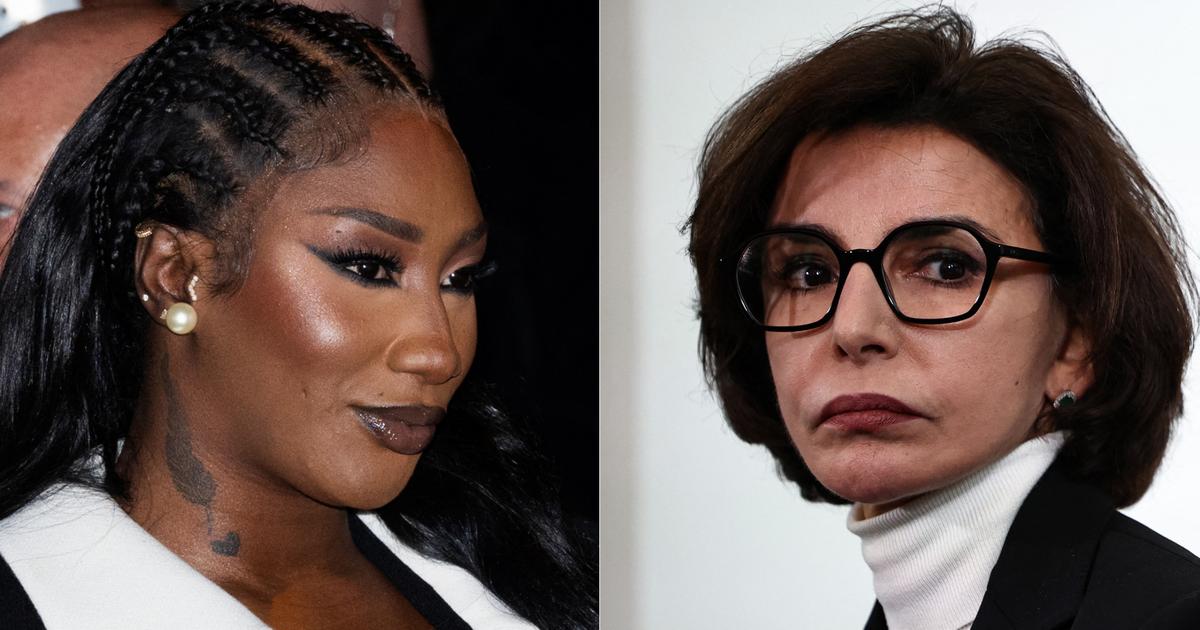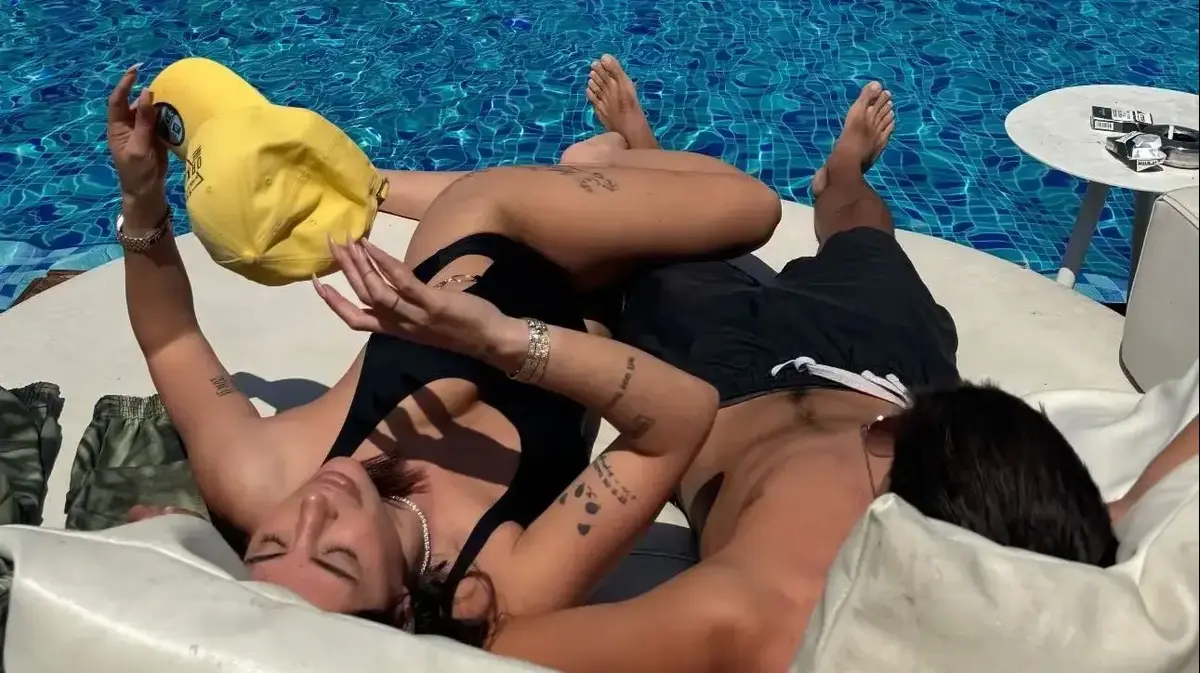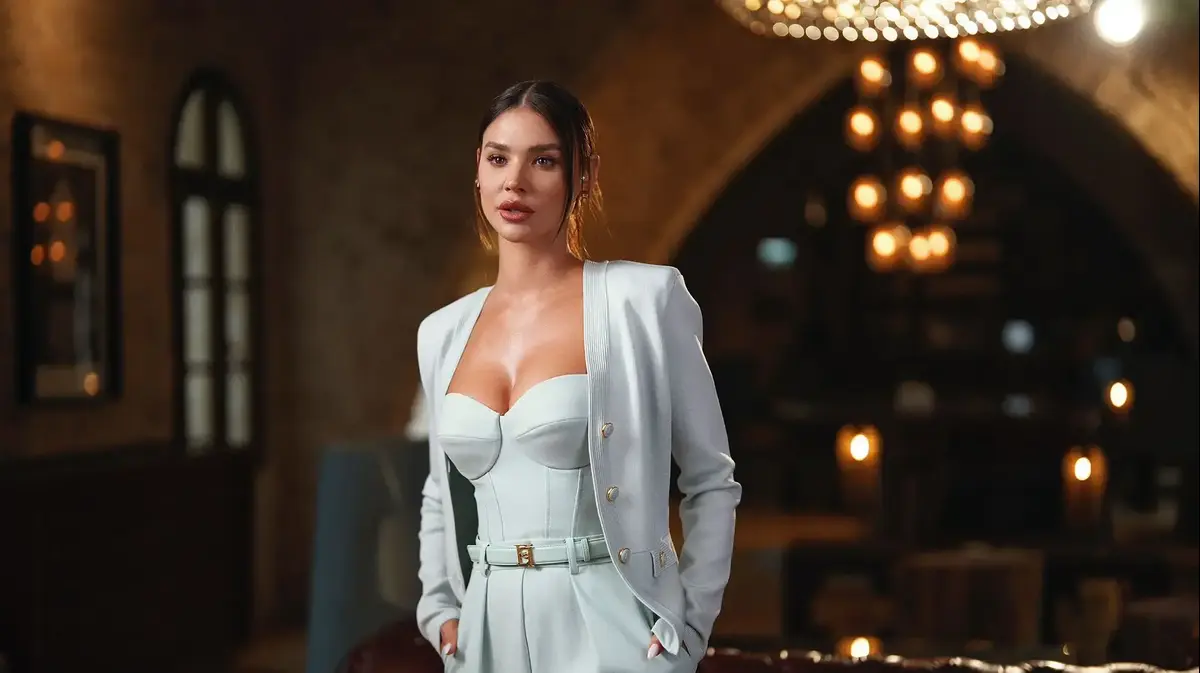Promo for the last episode of "Atlanta" (FX)
Please note, the review deals with the last episode of "Atlanta" and includes spoilers
. Didn't "Atlanta" really happen?
This is the very name of the last chapter, beckoning and defiant: "Everything was a dream".
In the final scene, Darius (LeKeith Stanfield) sits in front of the television and sees the thing that anchors him to reality, a la the spinning top in "Beginning".
If the physical dimensions of Judge Judy on the screen are normal, then this is reality.
If Akkoza is thick, then Darius is dreaming all this while he is in the floating tank for sensory deprivation, and what is before our eyes is his hallucinations.
Are they only valid for scenes starring him?
For the last episode in full?
For the series as a whole?
You can say many things about "Atlanta".
It is brilliant, original, thought provoking, beautiful to look at and plays great.
All true.
What cannot be said about her is that she is predictable.
That's why her ending scene is disappointing.
The ambivalent ending of the scene was clear from the moment Darius chose to stay on the couch while his friends went out onto the balcony.
It was understood in advance that he himself knew the answer and we did not, each of the viewers would choose the option he preferred.
Donald Glover has already compared his series in the past to "The Sopranos", but who would have thought that he would choose to end his series with the same ambivalence open to interpretation?
Why was it good?
The last episode of "Atlanta" (Photo: Guy D'Alema/FX)
But what is more significant: the very questioning that this ending raises, even if it is done with a wink, somewhat undermines the foundations of "Atlanta", the last episode of which aired on Shabbos Bis.
Darius' dreams in the last episode were very "Atlanta".
There was almost nothing unusual about them in terms of the series, except maybe the moment when the attendant at the institute floated backwards.
This is a series in which Justin Bieber is black, Alfred (Brian Tyree Henry) repeatedly went through hallucinatory journeys that put his life at risk, and Anne (Zazi Beets) turned herself into a kind of "Amelie" in Paris, became the object of Alexander Skarsgård's desire and participated in the preparation of a cannibalistic meal ( God, what a terrible episode).
Darius himself met a bizarre man who tried to kill him when all he wanted was to collect a piano from him, and so on and so forth.
The idea that all of this stems from the subconscious of Darius, an eccentric young black man in his own right, doesn't sound like the most far-fetched thing in the world.
So yes, "Atlanta" is like a dream - and sometimes in a challenging and arduous way, as was the third season - but it is like this not only to be strange, but to illustrate the surrealism that often involves the experience of the heroes of the series.
Somewhere on the scale between becoming a successful rapper and dealing with success you don't necessarily want (a fantastic dimension that few experience for themselves) and being a black person in the ultra-racist United States (a dimension that many viewers of the series know firsthand).
And above all, the great dissonance that arises from these two extremes, to be exalted and yet oppressed.
The very explicit insinuation - again, that's the title of the episode - that it might all have been a dream, and even that it was a dream of a young black man, and even that a dream would explain so many things in this series, somewhat detracts from this message.
More in Walla!
"Battle Favors": There is no other series that can do what it did
To the full article
Reflection on heritage.
The last episode of "Atlanta" (Photo: Guy D'Alema/FX)
More than that, it masks the real punch of the episode: the rebuke that the owner of the sushi-fusion restaurant lands on Arne, Van Val.
Here DeMarcus is trying to do something new and different and special for the black audience, and in return his potential customers roll their eyes at a schnitzel next door, dripping with oil and stereotypes, that rides on black clichés to wink at this audience, when in fact it is operated by an Italian family.
This restaurant is "Atlanta" itself, a luxury chain that tried - and succeeded - to present the black audience with something completely different from what it had in the past, and itself has been accused in the past of trying to appeal more to a white audience than to blacks - a slightly ridiculous claim in my opinion.
It's not for nothing that Arne, played by Donald Glover, the creator of the series, insists on staying at the restaurant to give a chance to blacks who are trying to do something different.
Throughout its life "Atlanta" presented a strange and intriguing fusion.
Demarcus's restaurant took the place of a Blockbuster branch that closed (you can still see the naked and familiar sign frame outside), and like it, it snorts in the face of substitutes that the crowd prefers.
Of course, this grim fate was never "Atlanta's" lot.
She is talked about and celebrated both among the audience and among the critics, and the industry she is a part of gives her nominations and wins - in contrast, for example, to Tyler Perry, who received a jagged parody earlier this season, in the episode where Van took Lottie to participate in an acting role.
But even from its well-anchored place, this scene was a reflection on "Atlanta's" legacy, much like Al's struggles throughout the season.
The protagonists' visit to the restaurant in the last episode, when at the same time they crave this juicy thing that many in their community prefer, is the range on which "Atlanta" has moved its entire life.
Al may have become a successful rapper who can afford the finer things in life, but he still loves the popular thing, the artery clogging.
Similarly, the ear - and the palate - of "Atlanta" remained close to the ground even though she herself took off.
The series was always sophisticated, multi-layered and very aware of what it was doing and its place in black culture, but that didn't stop it from showing the everydayness of this life, the little things that created a familiar world and then shook it up.
More in Walla!
"The Walking Dead" became a scripted reality cliché: she became a zombie
To the full article
The range they moved on throughout the life of the series.
The last episode of "Atlanta" (Photo: Guy D'Alema/FX)
In the end, that's also why the last episode worked after all.
It was good to see the four main characters finally sharing screen time, something that happened less and less over the years.
The boys started by sitting on the rickety sofa that had been thrown in the lawn, and now, more upgraded, they are sitting on the luxurious furniture in Alfred's apartment.
It was both a return to roots and a coming of age that defined the entire fourth season.
Much less crazy stories compared to the third season, which took place mostly in Europe, and interesting summaries that also played on the fluctuations of "Atlanta": on the one hand, Van Varen reunites, a desirable and "Hollywood" ending, and on the other hand, Al is uprooted from city life in favor of a remote farm.
In both cases it is done in a beautiful way and at times also exciting.
The fusion between the small things and the huge things, anointed all with a sense of a dream, felt like a right way to say goodbye to "Atlanta" as the bride of everything.
Even if the series chooses to leave with unnecessary ambivalence, what it leaves behind is real and substantial.
culture
TV
TV review
Tags
Atlanta - series
TV review

